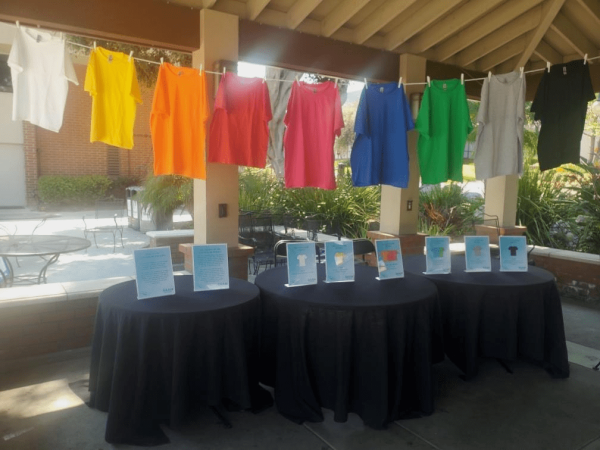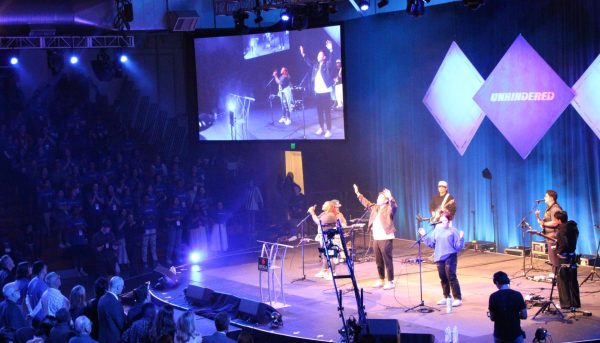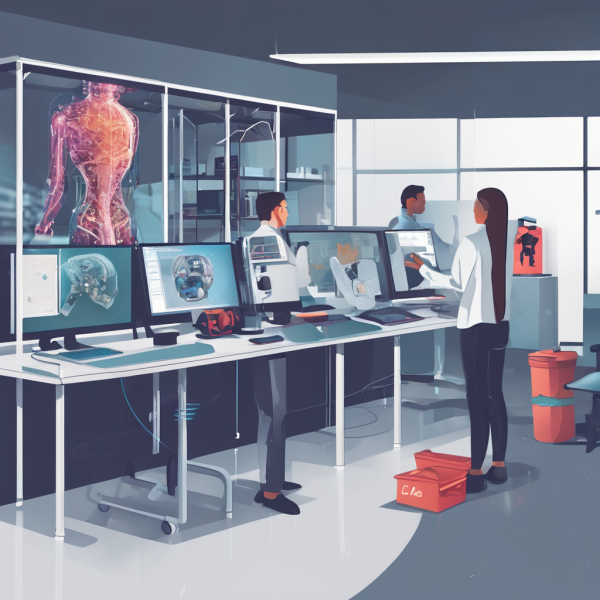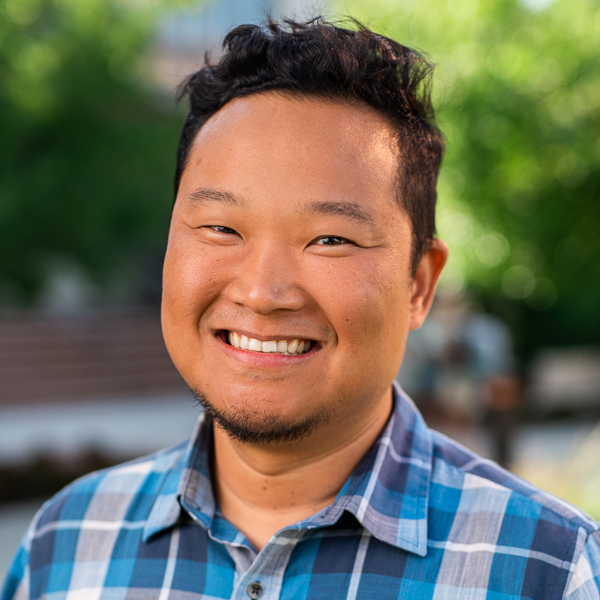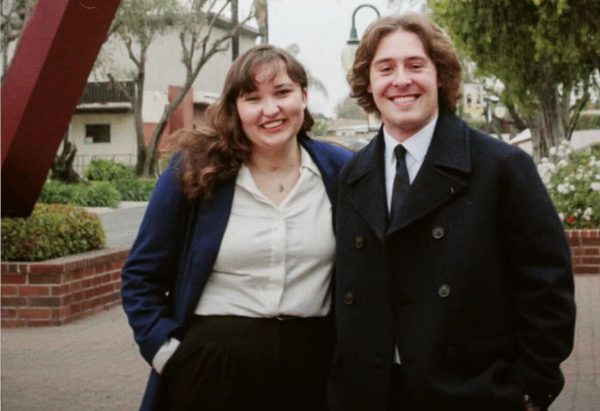Students face crowded airports and new screening changes
With Thanksgiving around the corner, students take into consideration the challenges that come with traveling during the holidays.
November 19, 2011
Students are gearing up to travel home with the approach of the holiday season and many are surveying their options for transportation, considering cost and convenience. At the same time, the Transportation Security Administration made known potential changes to airport security screening.
Choosing how to travel for the holidays
Thirty-five percent of Thanksgiving travelers are under the age of 25 and long-distance travel increases by 54 percent over Thanksgiving break, found a survey called “Tracking the Turkey Day Trek,” compiled by Schools.com. This means that the crowded airports will affect college students, as well as other travelers, who are flying home for Thanksgiving.
However, some students may opt to drive or take the train, as about 57 percent of students pay for their own travel. This may be a contributing factor to the fact that about 92 percent of Thanksgiving travelers will choose to drive to their destination, according to “Tracking the Turkey Day Trek.”
Biola’s campus tends to empty out rather quickly by the Wednesday before Thanksgiving as most students spend the holiday off-campus either with family at home or with a roommate or friend’s family. Not many cars are left in the parking lot and few students are around Thursday and Friday, said Justin Shelby, administrative operations manager of Campus Safety.
Shelby also noted that students who traveled by car usually begin to return Sunday afternoon but that the return of the students who traveled by plane varies.
Those choosing to fly will make up about five percent of the total traveling population, with the remaining travelers choosing to take a bus, train or another mode of transportation, according to “Tracking the Turkey Day Trek.”
Though fewer travelers will opt for flight as their mode of holiday travel this year, the airports still expect full flights for the Thanksgiving season, said an article, “Traveling over Thanksgiving? Expect fewer travelers, crowded planes,” on msnbc.com.
Preparing for crowded airports
Air Transport Association of America expects the busiest traveling days in the airports to be Sunday, Nov. 27, with 2.3 million travelers, Friday, Nov. 18, with 2.2 million travelers and Monday Nov. 28 with 2.2 million travelers.
Freshman Courtney Coker, a cinema and media arts major, is flying home to Oregon for Thanksgiving break and noted that while it is more convenient to fly, it is also more stressful, especially during the holidays.
“There are so many more people, as whole families are trying to travel, and there are more conflicting attitudes and emotions. By the time you get through the hassle of security you just feel really frazzled,” she said.
Changes to security screening
Amid the holiday travel planning, TSA’s Administrator John Pistole announced that the process will no longer screen future passengers objectively, but instead will hone in on the people with the least amount of background information, said the recent article, “TSA might alter airport screening,” in the Los Angeles Times.
This would make available a faster option through security for the frequent fliers who offer personal information and would allow those passengers to pass through screening without having to remove their shoes or jackets, according to the article. The new program has already been implemented for testing at four different airports in Miami, Fla., Dallas, Tx., Detroit, Mich. and Atlanta, Ga.
Scott Waller, assistant professor of political science, expressed his thought that the new security changes will be popular because although volunteering personal information is still affecting one’s privacy, it is all about finding the balance between personal freedom and government authority.
“I get the sense that average travelers who go to the airport don’t particularly like taking off their shoes or jackets but that most people see this as a price they are willing to pay to have a measure of assurance of safety,” Waller said. “Whether they give up some advanced personal information, which is still an intrusion into their liberty, or they just go through the regular lines.”
Johnathon Craig, a senior psychology major, said though the current screening process is efficient, it is also insensitive and looked upon the new process with optimism.
“I think the new method would work well as long as the airport has a good way of checking to make sure the personal information they are given is reliable,” said Craig, noting that one big thing the airports could do in the meantime to improve their screening processes would be to treat the passengers more politely and with extra consideration.


